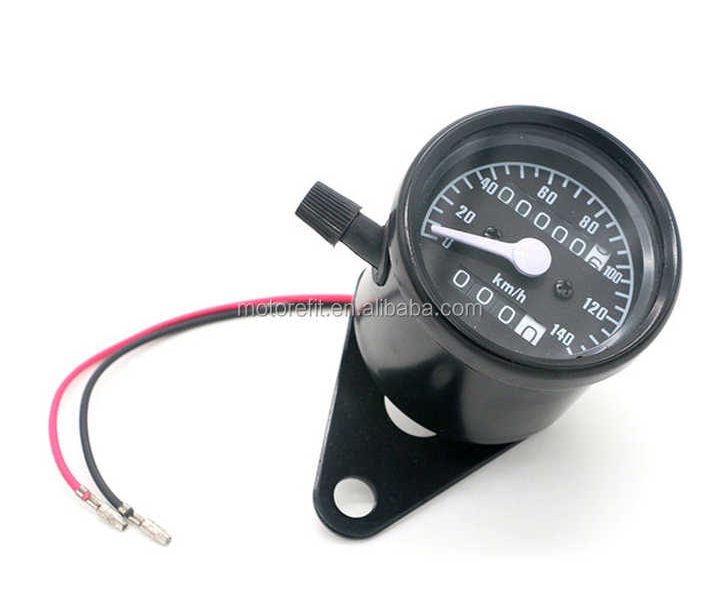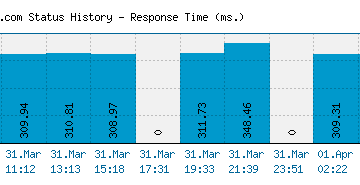The Importance of RTS Meters in Modern Industries

Introduction to RTS Meters
Real-Time Synchronisation (RTS) meters have emerged as essential devices in various fields including electricity, telecommunications, and gas distribution. With an increase in the demand for accurate measurement and efficient resource management, RTS meters play a crucial role in ensuring real-time data collection and processing. This technology not only enhances operational efficiency but also supports the push towards sustainable energy solutions.
Understanding RTS Meter Functionality
RTS meters work by providing instantaneous usage data and synchronising it with centralised systems for immediate analysis. This offers advantages over traditional meters that often provide delayed reporting, which can lead to inefficiencies and resource wastage. By utilising RTS meters, companies can monitor consumption patterns, reduce energy loss, and streamline their operations in real-time.
Recent Developments in RTS Meter Technology
The advancements in smart grid technology have resulted in significant improvements in the functionality of RTS meters. For instance, the integration of IoT (Internet of Things) capabilities has made it possible for these meters to connect seamlessly with cloud-based platforms. This integration allows for advanced analytics, predictive maintenance, and remote troubleshooting. Notably, the UK government has initiated trials of smart metering systems, which include RTS meters, to better understand their effectiveness in reducing energy consumption and achieving carbon reduction targets.
Impact on Industries and Consumers
Industries that rely heavily on RTS meters, such as utilities and transportation, have seen marked improvements in operational efficiency. By having access to real-time data, these sectors can make informed decisions quickly, optimising resource usage and enhancing service delivery. Furthermore, consumers are benefiting as well; real-time feedback encourages them to adjust their consumption habits, promoting energy conservation and cost savings.
Conclusion and Future Outlook
The relevance of RTS meters is expected to grow as industries face increasing pressure to enhance efficiency while mitigating environmental impact. With ongoing technological advancements, the future promises even more sophisticated functionalities, enabling better resource management and sustainability. As these innovations continue to unfold, readers should stay informed about their capabilities and implications across various sectors, making informed decisions about energy usage and investments in technology.









